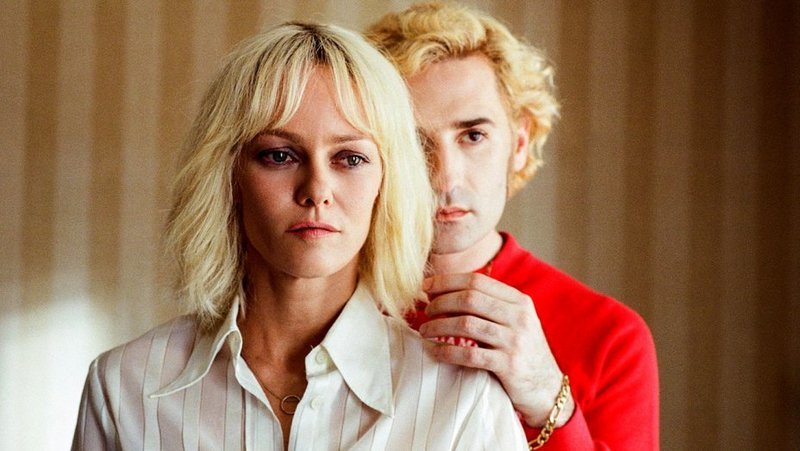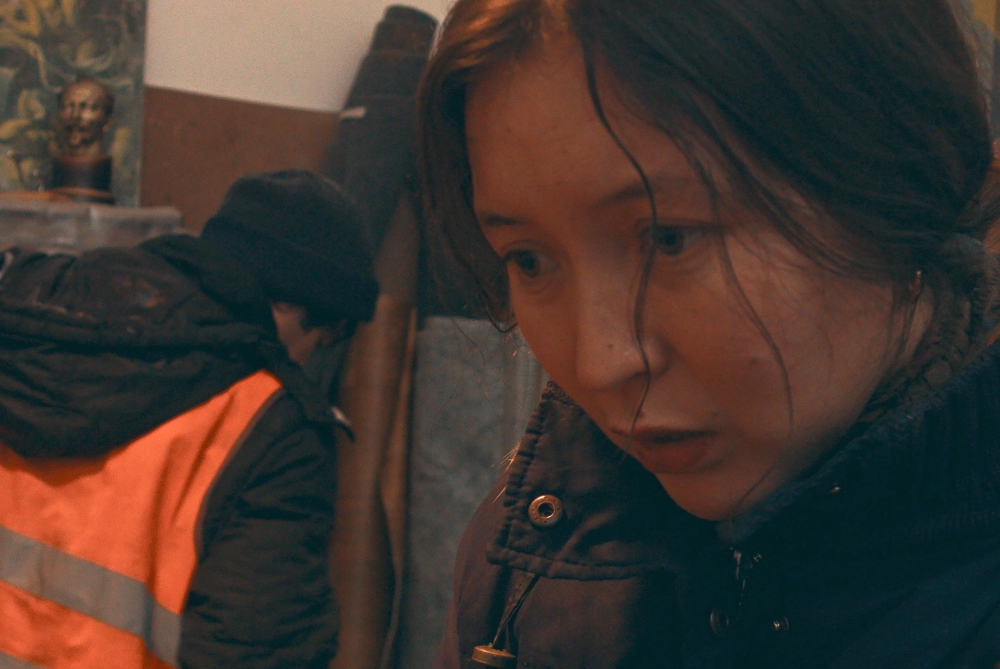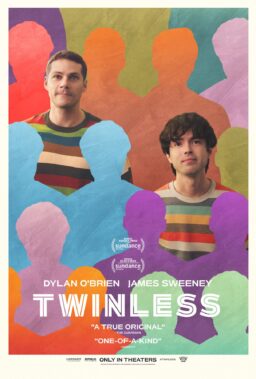There comes a point at the Cannes Film Festival each year, like the first sign of spring or the last day of summer, when you sense that change is in the air—that the festival is truly at an end, even if there’s still a day or so to go. This is that day. The sun is shining steadily for almost the first time this week, but the usual crowds awaiting entrance to the Palais des Festivals at the security checkpoint are sparse, even at noon. The carryout lunch places have no lines, and the sound of luggage wheels rolling down the Rue d’Antibes punctuates the town’s new quieter sense of expectation. By tomorrow night, when the 2018 Palme d’Or is awarded, it will all be over for another year.
Tonight, all eyes will be on Turkish director Nuri Bilge Ceylan, when “The Wild Pear Tree,” the final film in this year’s competition premieres. As the winner of the Palme d’Or in 2014 for “Winter Sleep,” and also the Palme for Best Short for “Cocoon” in 1995, plus five other major Cannes jury awards over the years, he is expected to be a major contender with this 188-minute feature. It could be that festival programmers saved the best until last…or not. That’s the thing about this festival competition—you never know what to expect.
As far as the two films premiering in competition earlier today, there’s a distinct sense that in the case of these late-comers, the weakest were saved for last. “Ayka” by Kazakh-born Russian director Sergey Dvortsevoy (“Tulpan,”) might have seemed at home in the A Certain Regard section of the festival, but it comes off an earnest but half-formed film in the competition context, where Dvortsevoy’s modest entry is up against masterful work by directors like Hirokazu Kore-eda, and Jean-Luc Godard.
Ayka (Samal Yesyamamova), the beleaguered heroine of the film that bears her name, is first seen in a in a crowded Moscow maternity hospital, where she has just given birth to the swaddled infant in the crib next to her bed. Taking her bag of belongings to the bathroom, she gets dressed and breaks open a sealed window to crawl out into a snowstorm. The subsequent portrait of this woman’s journey through Moscow predominates in tight, jumpy close-ups on a suffering face, and the sounds of the street underlying her labored breathing.
For much of “Ayka,” the history and character of this young woman remain an empty slate to be filled in only by circumstances and settings. She is hemorrhaging badly, her breasts are painful with leaking milk, and yet she trudges on and on while Moscow is in the grip of a record snowfall. The audience comes to know that she is an undocumented Kazakh immigrant with home nothing more than a costly berth in a crowded squat for others of her kind, and that she is frightened of the person calling her day and night demanding money.
Films treating Europe’s immigration crisis through either fiction or documentary currently abound. “Ayka” brings nothing new to the conversation. The film’s greatest flaw is in making everyone and everything around Ayka more interesting than she is. At one point, a fellow immigrant offers her a three-day temporary job as a cleaner in a swanky veterinary clinic. The film comes alive with real scenes of animals being treated. An injured female Dachshund is laid on an examining table, and her four puppies are brought to her to nurse, an extended scene so gripping in its own right that it transcends the story. Ayka, standing by with her mop, is rendered a bystander in her own movie.

There are no bystanders in “Knife + Heart” by Provencal-raised French director Yann Gonzalez (“You and the Night,”) a farcical slasher film set in Paris in 1979, in the world of gay porn, where everyone turns out to be an actor one way or another. For a film seemingly intended as a tribute to the Italian-thriller giallo directors including Mario Bava and Dario Argento, it’s a more tedious than torrid affair.
“Knife + Heart” centers on the low-budget homegrown production studio of producer Anne (Vanessa Paradis), whose heart has just been broken by her longtime lover and film editor Lois (Kate Moran). Anne’s alcohol-fueled weeping midnight call to Lois from a phone booth in the rain does not result in “one more touch.” Meanwhile, a sexy leather-masked killer stalks the gay community, and succeeds in murdering two of Anne’s stars, a situation she translates into a comic erotic scenario for her new opus “Homocide.”
There are subplots galore, films within films, leather, nudity, phallic symbols and long scary knives, so why is this film so dull? For one thing, for a film that includes an editor as a major character, this film could use a better one. Slack pacing, acting that’s meant to be outrageous but is merely amateurish, and visual effects thrown away through inept framing and blocking, make this a string of would-be over-the-top scenes that just don’t hang together as more than a vanity project. Director Gonzalez might have been toasted for premiering “Knife + Heart” in a setting other than the Cannes competition, but here he’s more likely to get roasted.












